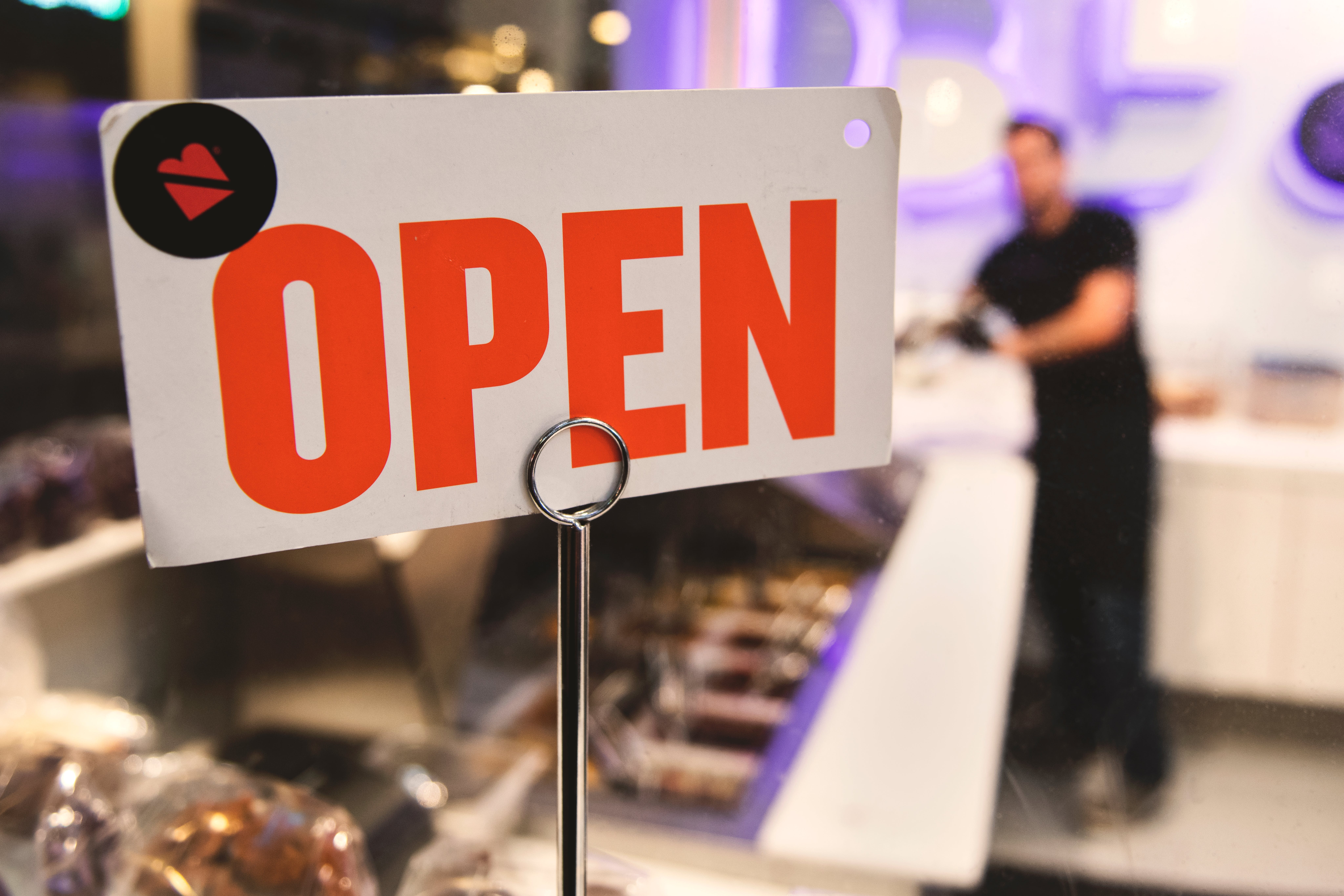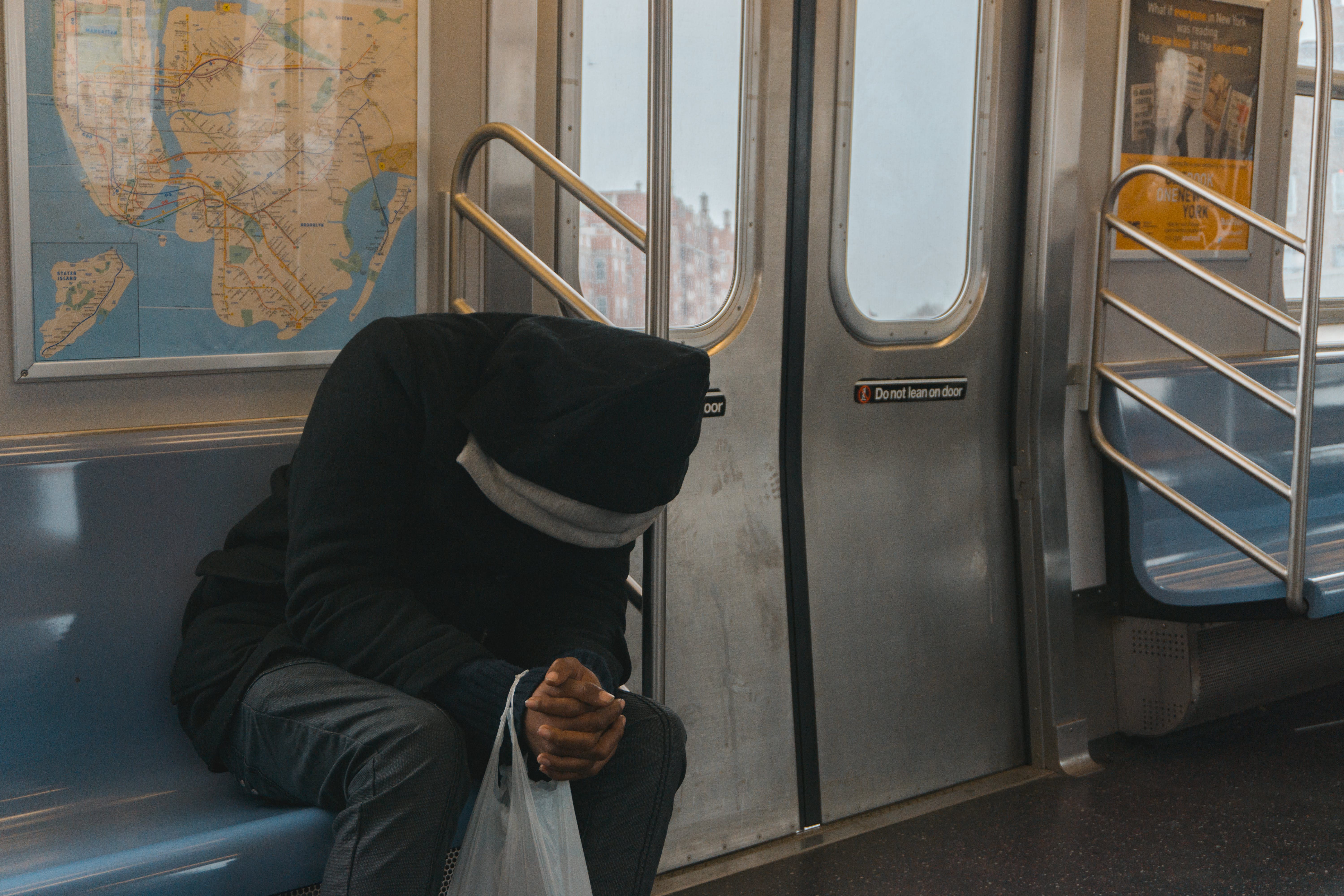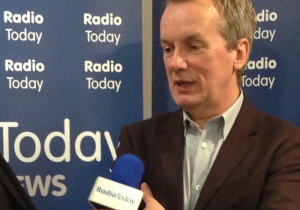Sunak’s “Eat Out to Help Out”: A Faustian Bargain with the Devil?

In the chaotic carnival of pandemic politics, there emerged a spectacle that would make even the wildest minds reel in disbelief – Rishi Sunak’s “Eat Out to Help Out” campaign. As the UK grappled with the grip of COVID-19, the Chancellor of the Exchequer unleashed a plan that, to the keen observer, seemed like a Faustian bargain with the devil himself.
In the summer of 2020, with the pandemic still tightening its hold on the world, Sunak unveiled his grandiose scheme. “Eat Out to Help Out,” he proclaimed, waving the banner of economic revival high above the storm clouds of contagion. The idea was simple, almost absurdly so – dine out at participating restaurants and enjoy a government-subsidized feast. The catch? A minor detail: a deadly pandemic was raging outside, and you just might die.
To the discerning eye, it appeared as though the government had thrown caution to the wind, waving a tempting carrot of discounted dinners in the face of a lurking, invisible enemy. The battleground? Crowded restaurants, where the aroma of desperation mixed with the scent of hand sanitizer.
In the spirit of Gonzo journalism, we must dissect the madness of this spectacle. The air crackled with the infectious energy of rebellion, but in this case, the rebellion was against common sense. Daredevils, driven by cravings for a discounted meal, flocked to establishments like moths to a flame, blissfully ignorant of the contagion that lurked in the shadows.
Meanwhile, the government’s priorities were laid bare – economic growth trumped the safety of its citizens. It was a devilish dance with the economy, a gamble where the stakes were not just pounds and pence but the very lives of the people. In the hallucinogenic haze, the “Eat Out to Help Out” campaign seemed like a bizarre experiment in balancing the scales of prosperity and peril.
As the masses descended upon restaurants, the virus reveled in the feast of opportunity. Breath mingled with laughter, and aerosols danced through the air like demented fireflies. For those who dared to partake in this gastronomic gamble, it was a rendezvous with fate – a roll of the dice where the odds favored neither the brave nor the cautious.
At the time, I remember simply laughing to myself and thinking “Thanks for the offer, Rishi, but I’m damned if I’m going to risk my life for a half price burger, fries and onion rings.” Many people did not think like this. A small percentage of them probably ended up on a ventilator. That’s what happens to the hard of thinking. Darwin called it “natural selection”.
In the twisted logic of the times, the government’s push for economic revival clashed with the harsh reality of a global health crisis. It was a kind of dark comedy script for the nation, where the punchline was a sinister virus with an insatiable appetite.
As “Eat Out to Help The Virus” unfolded, the consequences became apparent. COVID-19 cases surged like a tidal wave, leaving in its wake a trail of illness and, tragically, death. The devil had collected his due, and the toll on human lives became the grim reminder of a gamble gone awry.
In the rearview mirror of history, Sunak’s campaign stands as a surreal chapter in the annals of pandemic response. A cautionary tale, perhaps, about the perils of prioritizing economic resurgence over the well-being of the populace.
Photo by Tim Mossholder







